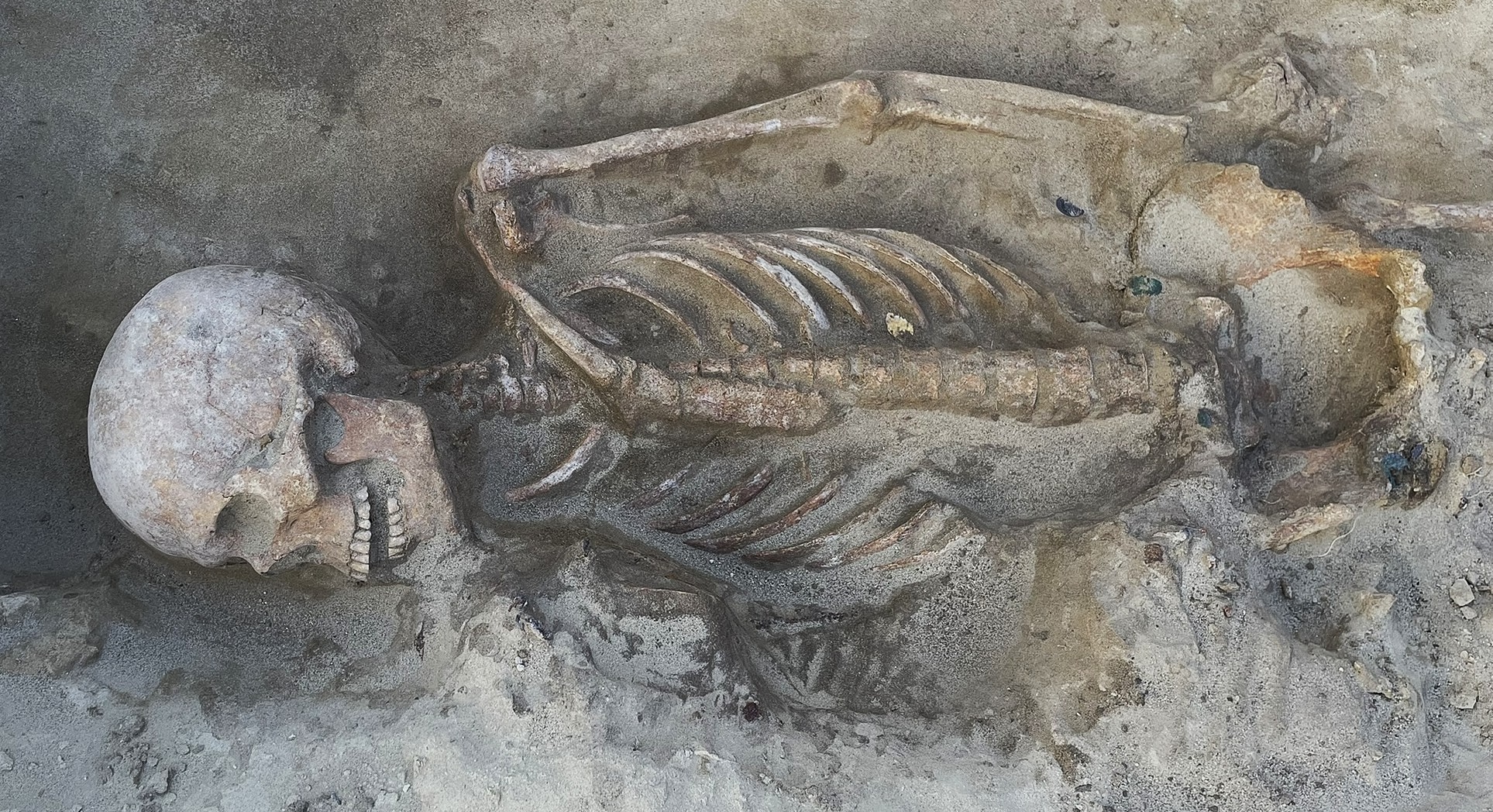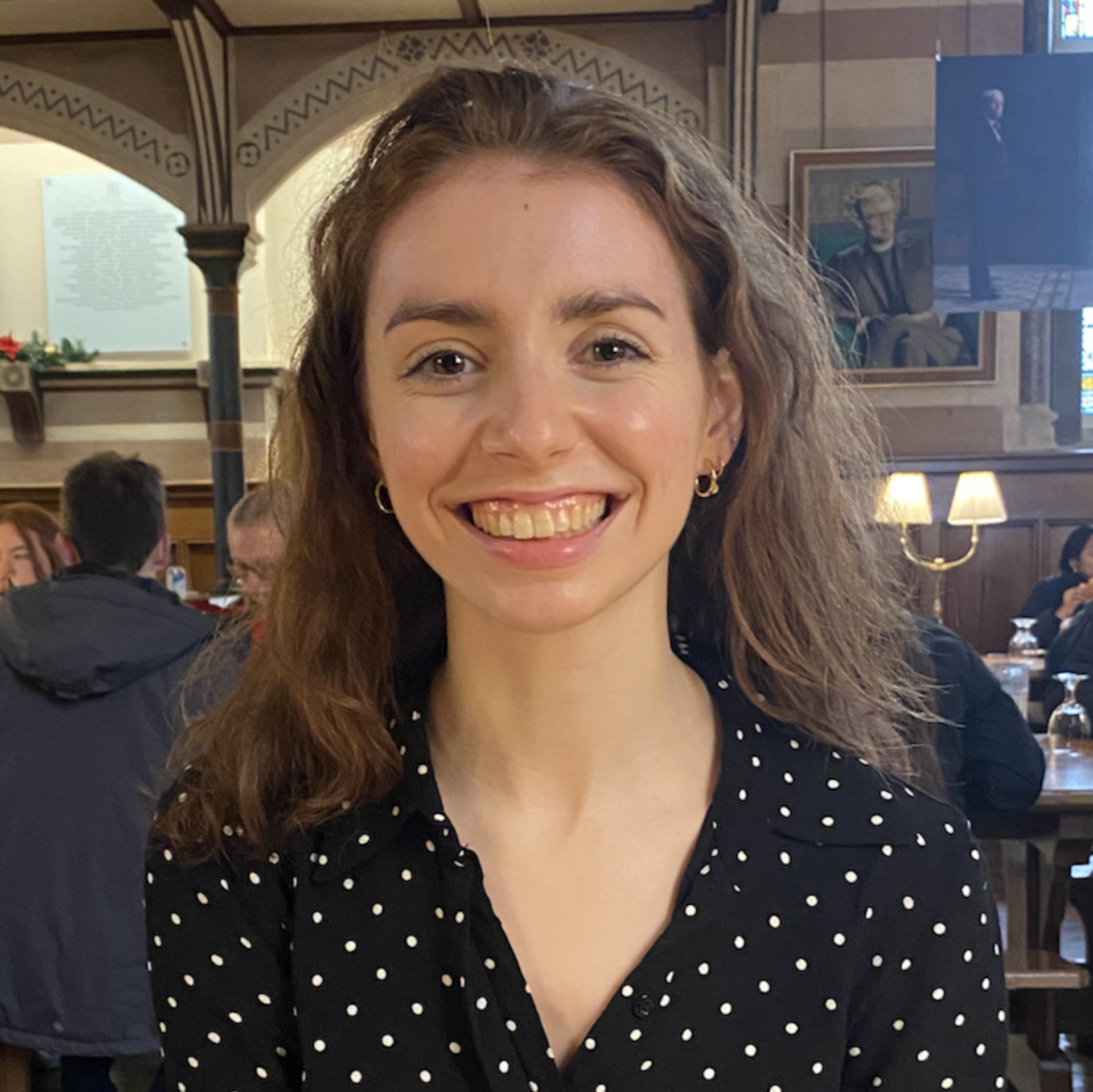
Sophie Berdugo
Sophie is a U.K.-based staff writer at Live Science. She covers a wide range of topics, having previously reported on research spanning from bonobo communication to the first water in the universe. Her work has also appeared in outlets including New Scientist, The Observer and BBC Wildlife, and she was shortlisted for the Association of British Science Writers' 2025 "Newcomer of the Year" award for her freelance work at New Scientist. Before becoming a science journalist, she completed a doctorate in evolutionary anthropology from the University of Oxford, where she spent four years looking at why some chimps are better at using tools than others.
Latest articles by Sophie Berdugo
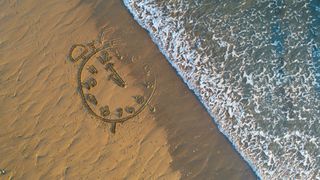
Abandoning daylight saving time could prevent over 300,000 stroke cases a year in the US, study claims
By Sophie Berdugo published
Springing forward by an hour each March knocks the circadian rhythm out of alignment. A new model of the chronic health impacts argues for scrapping it entirely.

Soar through 44 million stars in Gaia telescope's latest 3D map of our galaxy — Space photo of the week
By Sophie Berdugo published
Scientists have used the Gaia Space Telescope to create a 3D map of star kindergartens within the Milky Way, and you can fly through it.
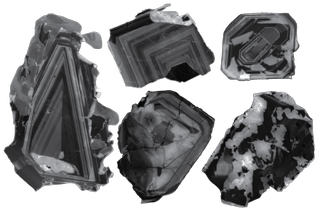
Vast source of rare Earth metal niobium was dragged to the surface when a supercontinent tore apart
By Sophie Berdugo published
Potentially the largest known source of niobium discovered in central Australia formed 830 million years ago, and we can thank the breakup of the ancient supercontinent Rodinia.

Scientists measure the 'natal kick' that sent a baby black hole careening through space for the first time
By Sophie Berdugo published
Two black holes merged together 2.4 billion light years away from Earth, and scientists have just figured out how fast the newborn ricocheted, and in which direction.
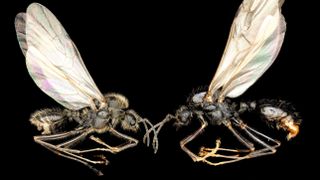
'Almost like science fiction': European ant is the first known animal to clone members of another species
By Sophie Berdugo published
A species of ant found scurrying across southern Europe is the first animal found that clones males of another species.
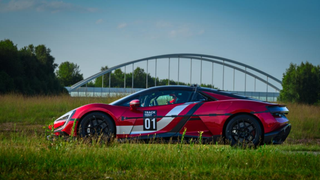
Meet the Chinese supercar that just smashed the EV speed record
By Sophie Berdugo published
Chinese EV maker BYD has designed and tested a supercar with a top speed that rivals the best gasoline cars.
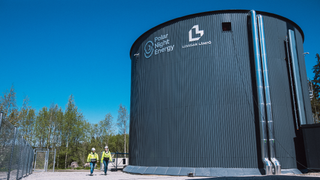
A scalding hot 'sand battery' is now heating a small Finnish town
By Sophie Berdugo published
Engineers create a sand battery that they say will slash the carbon emissions in Pornainen, Finland, by 70% — it uses renewables to heat the sand to almost 850 degrees Fahrenheit.
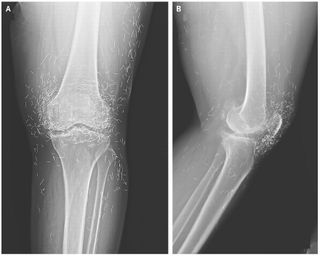
Woman's severe knee pain reveals 'golden threads' in her joints
By Sophie Berdugo published
A woman went to the hospital for severe joint pain in her knees, and an X-ray showed hundreds of strands of gold thread.
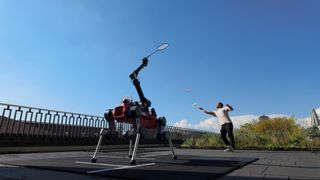
Scientists taught an AI-powered 'robot dog' how to play badminton against humans — and it's actually really good
By Sophie Berdugo published
Scientists have trained the ANYmal quadruped robot to play badminton, and it's good enough to complete in a 10-shot rally with a human opponent.
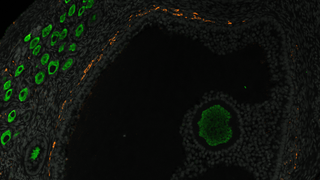
We finally have an idea of how the lifetime supply of eggs develops in primates
By Sophie Berdugo published
Scientists have studied female monkey embryos to map how, when and where the egg supply develops. This can now be used to build realistic models of ovaries in the lab to search for the causes of reproductive health issues that lead to infertility.
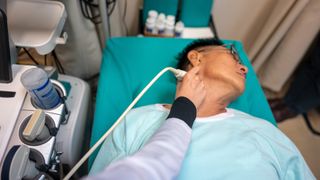
Gum disease treatment slows the thickening of arteries, clinical trial shows
By Sophie Berdugo published
New trial results show that intense gum disease treatment reduces how much the carotid artery narrows in otherwise healthy individuals. This suggests oral health should be taken seriously as a contributing factor in cardiovascular disease.
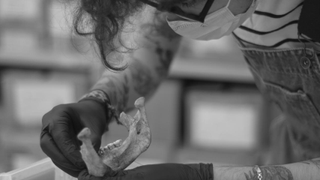
The first Americans had Denisovan DNA. And it may have helped them survive.
By Sophie Berdugo published
People with Indigenous American ancestry carry Denisovan genes that Neanderthals passed on when they mated with modern humans.
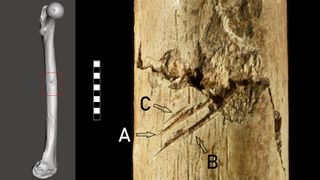
'It was probably some kind of an ambush': 17,000 years ago, a man died in a projectile weapon attack in what is now Italy
By Sophie Berdugo published
A new analysis of a skeleton uncovered 50 years ago provides some of the earliest evidence of intergroup conflict between humans to date.
Get the world’s most fascinating discoveries delivered straight to your inbox.
